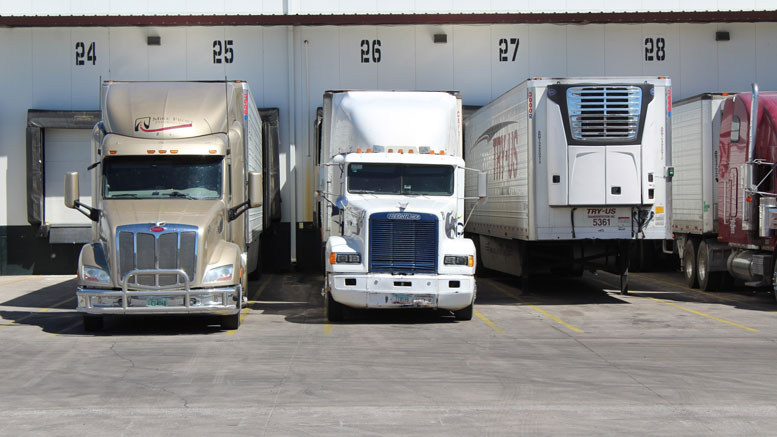International truck logistics has some terms with mixed explanations. The term “project cargo” refers to them. Transportation companies and producers of industrial equipment use this term.
The term project cargo refers to industrial equipment. The sender develops, produces and installs the equipment according to the separate project which includes the transportation to the recipient. Producers often send automatic production lines, separate plants, small plants, and chemical enterprises in such a way. Large exhibitions and museum expositions also refer to this type of cargo.
Project cargo can be:
- disassembled equipment in wooden boxes;
- components and sundries in carton package;
- large lathes and mechanisms in crating;
- oversized containers and metallic constructions, which can’t be placed in a standard truck.
As a rule, the producer of equipment weights and labels every box or packaged pallet with a carton box. Transportation party which is designed for the plant or production line, is provided with the detailed specifications. It eases the process of sorting and assembly.
Logistics of project cargo
Experienced transportation companies often organize the transportation of the expensive equipment. To provide a transportation process you need to do the next:
- To develop weight and time schedules – the sender defines the terms of transportation according to his plan. The delivery data depends on the end of the building of the plant or industrial building. These exact terms can be determined for every transport party, so you need more time to plan. Logistics specialists pay attention to the destination and time for passing it.
- To form transportation parties and choose trucks for them. Also, it’s necessary to provide in-time technical maintenance and repair of the trucks.
- To count the amount of fuel for every truck, mark the gas stations on the route.
- To provide the mobile monitoring of the trucks during the route.
- To provide loading and unloading. The sender is usually responsible for the lifting operations. Transportation companies are responsible for developing the reliable fixing systems and providing the unloading process by the cranes or lifters.
- To provide warehouses if necessary.
- To provide expediting and support of valuable transportation parties.
Transportation companies usually form the truck column to transport the whole cargo party. In this way, the logistics specialists reach the common time of completing the route and arrival of the transportation party to the destination point at the same time.
Sometimes special truck trains are used to transport some project cargo. Standard routes of truck transportations are not appropriate for the oversized and heavy cargo. During the transportation of the large cargo, the driver needs to go around the tunnels, overpasses, and sagging high-voltage lines. Also, it is better to avoid big cities with high-voltage lines of electric public transport.

